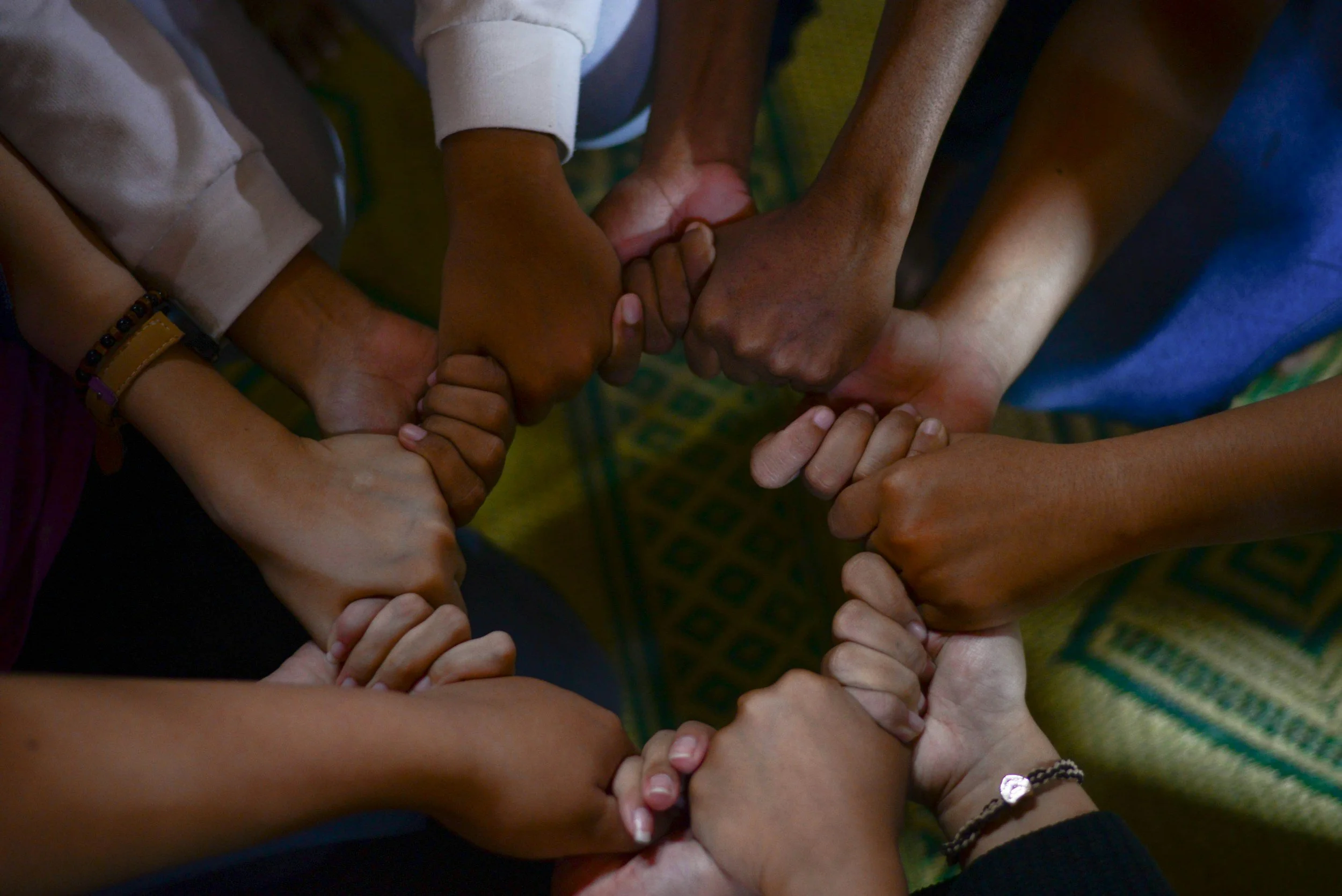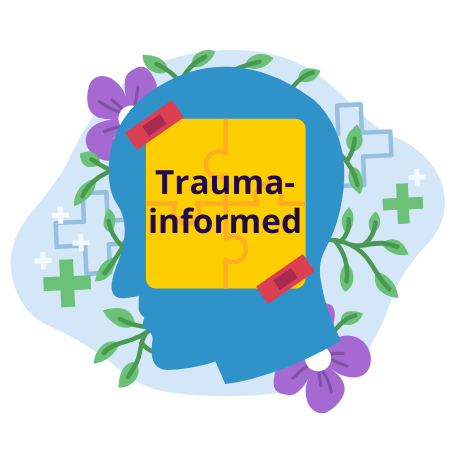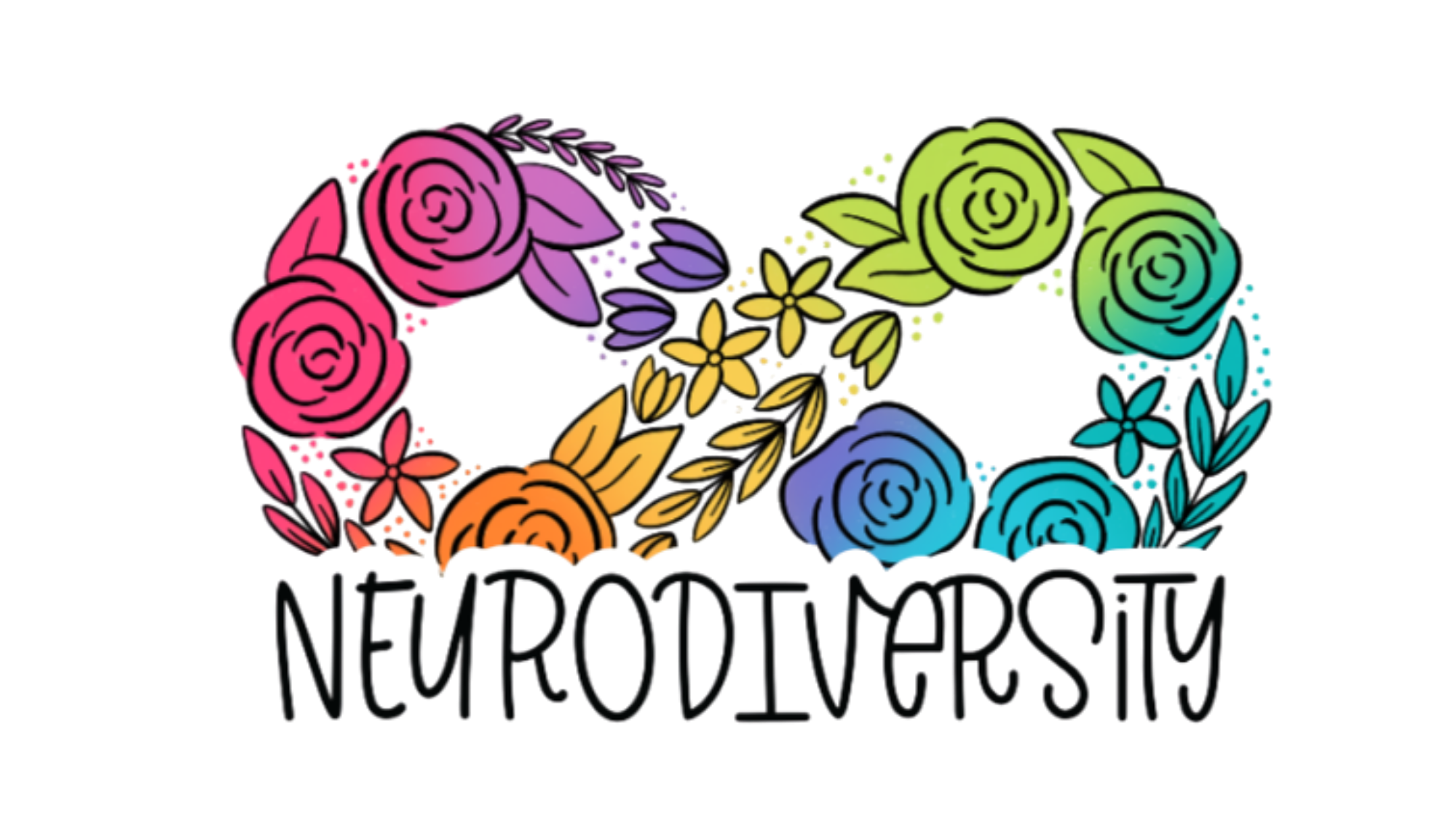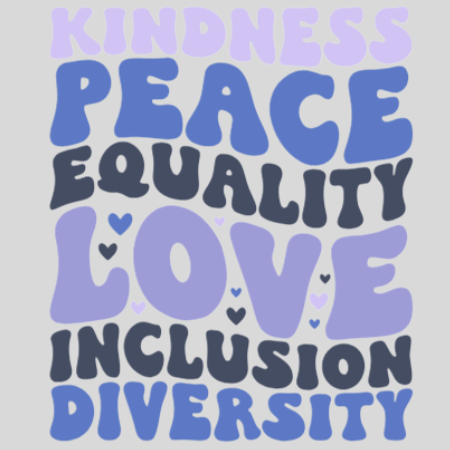






Our approaches.
-
Behavior Modification.
Behavior modification is a therapeutic approach that focuses on changing unwanted behaviors and reinforcing positive ones. It uses techniques based on the principles of learning—such as rewards, consequences, and consistent routines—to encourage healthier habits and responses. Commonly used with children, individuals with developmental conditions, or those facing behavioral challenges, behavior modification helps build self-control, improve social skills, and support emotional growth in a structured and compassionate way.
-
Coaching.
Coaching is a collaborative and goal-oriented process that empowers individuals or teams to unlock their potential, enhance performance, and achieve personal or professional growth. Through active listening, powerful questioning, and supportive guidance, a coach helps clients gain clarity, build confidence, and take meaningful action toward their objectives. Coaching is not about giving advice or solving problems for others—it’s about facilitating self-discovery and fostering accountability.
-
Cognitive Behavioral Therapy
Cognitive Behavioral Therapy (CBT) is a structured, evidence-based form of psychotherapy that helps individuals identify and change negative thought patterns and behaviors. Rooted in the idea that thoughts, feelings, and actions are interconnected, CBT empowers people to challenge unhelpful beliefs, develop healthier coping strategies, and improve emotional well-being. It is commonly used to treat anxiety, depression, stress, and other mental health conditions, and is focused on practical, goal-oriented solutions.
-
Coping Strategies.
Coping strategies are the techniques and behaviors individuals use to manage stress, navigate challenges, and maintain emotional well-being. These strategies can be either adaptive (healthy and constructive) or maladaptive (unhelpful or harmful in the long term). Effective coping strategies—such as mindfulness, problem-solving, seeking social support, and practicing self-care—help people respond to difficult situations with resilience and clarity. Developing personalized coping tools is a key component of emotional growth and mental health.
-
EMDR.
EMDR (Eye Movement Desensitization and Reprocessing) is a structured psychotherapy approach designed to help individuals heal from emotional distress and trauma. It involves guided eye movements or other forms of bilateral stimulation while the client recalls distressing memories. This process helps the brain reprocess traumatic experiences, reducing their emotional intensity and allowing for healthier coping. EMDR is widely used to treat post-traumatic stress disorder (PTSD), anxiety, and other psychological challenges, and is supported by extensive clinical research.
-
Holistic Wellness.
Holistic wellness is an approach to health that considers the whole person—body, mind, and spirit—in the pursuit of overall well-being. Rather than focusing solely on physical symptoms, holistic wellness emphasizes the interconnectedness of emotional, mental, physical, social, and spiritual health. It encourages balance in all areas of life through practices such as mindfulness, nutrition, movement, self-care, and meaningful relationships. The goal is to support individuals in living vibrant, fulfilling lives by nurturing every aspect of their well-being.
-
Insight Oriented.
Insight-oriented therapy is a form of psychotherapy that helps individuals understand how past experiences influence their current thoughts, emotions, and behaviors. It aims to uncover unconscious conflicts and patterns to promote personal growth and emotional healing.
-
Integrated Therapy.
Integrated therapy is a holistic approach to mental health and personal growth that combines techniques and principles from multiple therapeutic modalities. Rather than relying on a single method, integrated therapy draws from various disciplines—such as cognitive behavioral therapy (CBT), mindfulness, psychodynamic therapy, and humanistic approaches—to tailor treatment to each individual’s unique needs. This flexible and personalized style of therapy supports emotional healing, self-awareness, and lasting change by addressing the whole person: mind, body, and spirit.
-
Mindfulness.
Mindfulness is the practice of being fully present and engaged in the current moment, with openness, curiosity, and without judgment. It involves intentionally focusing attention on thoughts, feelings, bodily sensations, and the surrounding environment. By cultivating awareness and acceptance, mindfulness helps reduce stress, improve emotional regulation, and enhance overall well-being. Common mindfulness practices include meditation, deep breathing, and mindful movement, all of which support clarity, calm, and resilience in daily life.
-
Motivational Interviewing.
Motivational Interviewing (MI) is a client-centered counseling approach designed to enhance motivation and commitment to change. It involves empathetic listening, open-ended questions, and reflective dialogue to help individuals explore their own reasons for change in a non-judgmental and supportive environment. Rather than directing or persuading, MI empowers clients to resolve ambivalence and build confidence in their ability to take meaningful action. This approach is widely used in health coaching, therapy, addiction recovery, and behavior change work.
-
Person-Centered Therapy.
Person-centered refers to an approach in therapy and coaching that places the individual at the heart of the healing and growth process. Rooted in the work of psychologist Carl Rogers, this method emphasizes empathy, unconditional positive regard, and genuine presence. It honors each person’s unique experiences, values, and inner wisdom, fostering a safe and nonjudgmental space for self-exploration. In a person-centered approach, the practitioner acts as a compassionate guide, supporting clients in discovering their own solutions and paths forward.
-
Play Therapy.
Play therapy is a specialized form of counseling that uses play as a medium to help children express their emotions, resolve conflicts, and develop coping skills. Through toys, games, art, and imaginative activities, children can communicate what they may not be able to say with words.
-
Problem Solving Strategies.
Problem-solving strategies are structured approaches used to identify challenges, generate solutions, and implement effective actions. These strategies help individuals or groups navigate obstacles with clarity and confidence. Problem-solving skills are essential in personal development, relationships, and professional settings, fostering resilience, creativity, and decision-making.
-
Psychoeducation.
Psychoeducation is the process of providing individuals with information and understanding about mental health, emotional well-being, and psychological conditions. It empowers clients by helping them learn about the nature of their experiences, treatment options, coping strategies, and ways to manage symptoms effectively. Often integrated into therapy or coaching, psychoeducation fosters self-awareness, reduces stigma, and encourages informed decision-making. It can be delivered through one-on-one sessions, group work, workshops, or written materials.
-
Sensory Integration
Sensory integration focuses on how sensory experiences (like sounds, textures, movement, or light) influence a person’s emotional regulation, stress levels, and overall psychological functioning. This approach is often used with individuals who have:
• Trauma histories
• Autism Spectrum Disorder (ASD)
• ADHD
• Anxiety or mood disorders
• Sensory Processing Disorder (SPD) -
Skills Development.
Skills development is the process of building and enhancing abilities that support personal, professional, and emotional growth. It involves identifying areas for improvement, learning new techniques, and practicing strategies to strengthen competencies such as communication, emotional regulation, decision-making, leadership, and resilience. In coaching and therapy, skills development helps individuals gain confidence, overcome challenges, and achieve meaningful goals by equipping them with practical tools for everyday life.
-
Strengths-based Therapy.
Strengths-based is an approach in therapy, coaching, and personal development that emphasizes identifying, cultivating, and leveraging an individual’s inherent strengths, talents, and resources. Rather than focusing solely on problems or deficits, this method encourages clients to build on what’s already working, fostering resilience, confidence, and self-efficacy. A strengths-based perspective supports growth by helping individuals recognize their capabilities and use them to overcome challenges and achieve meaningful goals.
-
Supportive Interactions.
Supportive interactions are positive, empathetic exchanges between individuals that foster trust, emotional safety, and mutual respect. These interactions are characterized by active listening, validation, encouragement, and nonjudgmental communication. In therapeutic and coaching settings, supportive interactions help clients feel heard and understood, creating a foundation for growth, healing, and meaningful connection. They play a vital role in building strong relationships and promoting psychological well-being.
-
Trauma-informed Therapy.
Trauma-informed therapy refers to therapeutic approaches specifically designed to recognize, understand, and address the impact of trauma on an individual’s emotional, psychological, and physical well-being. These methods prioritize safety, empowerment, and healing, often integrating evidence-based practices such as EMDR, Trauma-Focused Cognitive Behavioral Therapy (TF-CBT), and somatic techniques. A trauma-focused lens acknowledges the role of past experiences in shaping current challenges and supports clients in processing those experiences with compassion and care.
Let’s Begin Your Journey
Whether you're just starting to seek support or looking for a fresh approach, 8GK Consulting is here to help.
Reach out today to schedule a consultation and take the first step toward healing!






